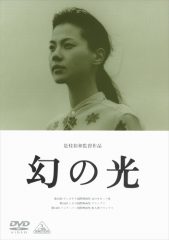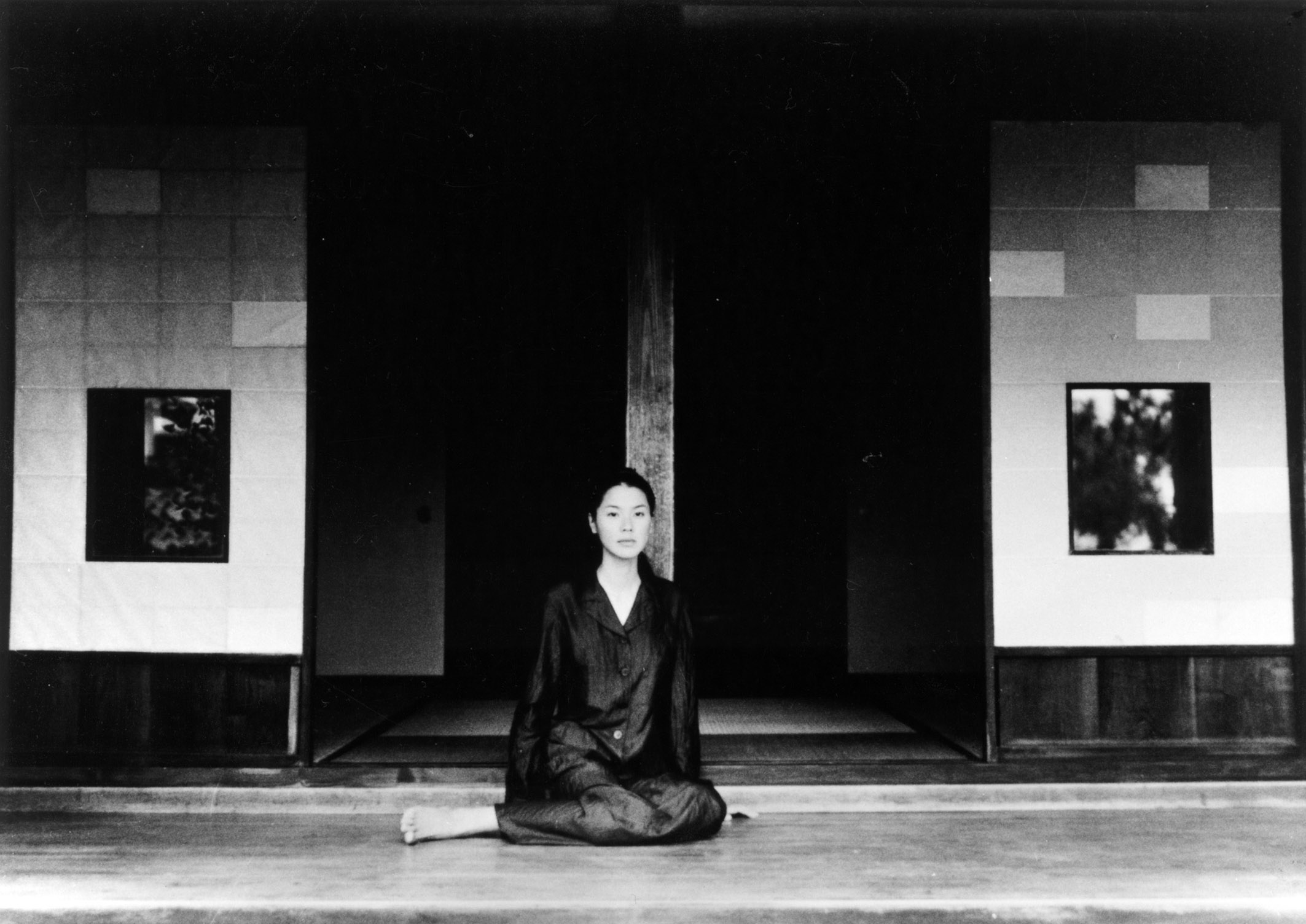REVIEW: MABOROSHI [DVD]

Kore-eda’s First Narrative Film Is Ripe for Rewatching
Maboroshi no Hikari (幻の光)
Directed by Hirokazu Kore-eda (是枝裕和)
Japan | 110 mins
Japanese with English/Japanese Subtitles
Following the 2016 Cannes Film Festival world premiere of Hirokazu Kore-eda’s latest feature, After the Storm, and the theatrical release of the film on May 21 in Japan, it is never too late to rediscover the filmmaker’s early masterpieces, nearly all available with English subtitles.
Films about family values have established themselves as a familiar genre in Japanese cinema, with the work of legendary filmmakers like Yasujiro Ozu and Yoji Yamada, and beginning in the 1990s, Hirokazu Kore-eda. Starting as a documentary director, Kore-eda is now one of the most internationally acclaimed Japanese filmmakers, whose works are known for sincere depictions of Japanese households, such as Nobody Knows (2004) and Like Father, Like Son (2013). However, his feature debut and a Venice Film Festival winner, Maborosi (1995), digs into much more complex and abstract themes than simply domestic issues, including life and death, in a strikingly personal manner. The freshman filmmaker was at his best, with an audacious naturalism that spectators could welcome not just as the inception of a new talent, but as the birth of a mature masterpiece.
Based on a novel by Teru Miyamoto, the screenplay by Yoshihisa Ogita concerns a traumatized woman, Yumiko (Makiko Esumi), whose grandmother disappeared when she was 12. Her peaceful life with her husband, Ikuo (Tadanobu Asano), and their three-month-old child has come to an end because of another invasion of death, the presumable suicide of Ikuo. Even in his first feature, Kore-eda’s adroit storytelling talent is apparent, conveying the narrative mainly through visual expression. There are two tracking shots of Yumiko riding a bicycle, heading toward the same direction in a similar location, one with Ikuo, and the other without him. These interactive cuts are especially alluring since the filmmaker rarely allows the camera to move. Among a consistent series of motionless longshots with careful compositions, tracking shots can function as agitating accents.
Years later, Yumiko gets remarried, to Tamio (Takashi Naito), a divorced father with a daughter, and moves to his small village on the Okunoto Peninsula. Surprisingly enough, Maborosi refuses to follow the predictable trajectory of family drama in which newlyweds struggle with uncomfortable relationships with their partners’ children. How artificial it might be, all family members – Yumiko, Tamio, two children and Tamio’s father (Akira Emoto) – somehow managing to live together without serious insubordination. Between scenes, instead Kore-eda inserts seemingly unnecessary pillow shots, rather gloomy ones, that represent something missing, or something that should not be there.
Compared to the work of Kore-eda’s contemporaries, Maborosi is stylistically consistent with naturalism in a minimalistic matter. With little movement, the camera observes characters’ actions from a distance. Because of the absence of close-ups, it is rather difficult for spectators to read the emotional expressions of actors. Yet, this is not meant to imply that Maborosi is an emotionless picture with arty Bressonianism. Its mise-en-scène – partial chiaroscuro lighting, dark pillow shots, motionless shots, the production design of the empty house – is visually eloquent to express Yumiko’s angst to be surrounded by a shadow of death, and hankering for the deceased husband.
Even though the everlasting comparison between Ozu and Kore-eda is a tedious phenomenon, it is possible to claim that Maborosi is formally similar to Ozu’s idiosyncratic style: no close-ups, the abolition of camera movement, the symmetrical composition, and carefully framed images of Japanese traditional houses. However, unlike Ozu, who considered death to be an everyday occurrence that humans must accept, Kore-eda keeps questioning the answerless conundrum of the disappearance of individuals. How can people just disappear, leaving precious companions behind? In comparison to contemporary Japanese family dramas, the early works of Kore-eda are filled with intellectual viewpoints that continue to provide new insights into the filmmaker.
By Kenta Kato
![・MABOROSHI [DVD]](http://ecx.images-amazon.com/images/I/41vNWv7CSGL._SS200_.jpg)
Kenta Kato is a Tokyo-based writer, film critic and festival programmer, currently working on a Master’s degree in Film Studies at Waseda University.
・字幕: 日本語, 英語 means subtitles with Japanese and English,
・英語字幕版 means with English subtitles.

